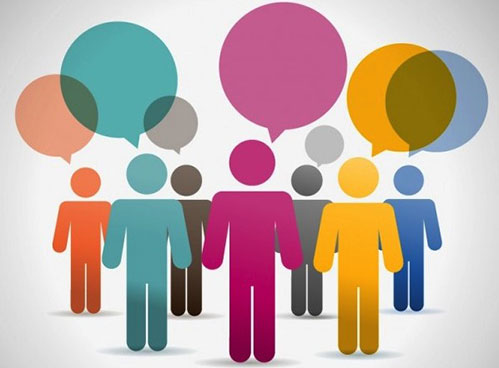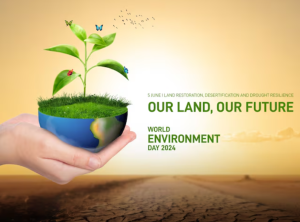In a world of unlimited consumer choice, reliable recommendations are how people make sense of it all. However, making it into one of these trusted lists is not easy for brands since the reputations of the publishers depend on them.
It’s a rough world out there for products, personalities, places and anything else vying for public attention. Rising above the noise is difficult when the din is everywhere, above and around us. Cutting through the clutter is easier said than done when the marketing stratosphere is littered with plugs, pitches and placements of every kind.
So, what is an enterprising brand to do? One thing that may work out well for it is to somehow make its way into a list. And not just any list.
There are several endorsement lists – for different categories and of varying vintage – that are currently in circulation. There are online lists published by independent bloggers and others released by institutions with brick and mortar origins. The common thread in them is they are all backed by the credibility of their publishers. As a result, people are more receptive to the recommendations in them.
Take what happened to the city of Chennai when the New York Times included it in its list of ’52 Places to Visit in 2014’. After Chennai residents recovered from the shock, they got ready to welcome the tourists who flocked to the city last year to take in its celebrated culture, cuisine and history.
The listing made a lot of people view that capital of Carnatic music and filter coffee in a new light but it is not always this easy for places to pull off an overnight shift in perception. This is especially true for countries that have to contend with instability, recession and the occasional cyclone. For example, India was recently ranked 48th out of 82 countries in The Economic Intelligence Unit’s (EIU) list of the best places in the world to do business. One could argue that 48 is better than 75 but the fact that this ranking is based on political climate, infrastructure and other factors that cannot be quickly changed, makes it a slow and uphill climb up the list for India.
Some lists are published on a yearly basis and contain no surprises. Thus, the Forbes list of ‘Great Places to Work’ or US News & World Report’s ranking of American universities are published year after year with deadening predictability. We could conclude from this that corporate culture and institutional reputation take a while to develop. Once established, however, these qualities give their owners a certain amount of staying power when it comes to lists.
The same does not seem to be true for people. People magazine’s list of the most beautiful individuals in the world as well as Forbes list of the wealthiest has enough annual variation to pique the curiosity of their readers. The takeaway from this may be that when you combine the fleeting nature of fortune and good looks with fickle public opinion, it adds up to a finite length of time on lists that celebrate those attributes.
When it comes to movies or books, a spot on the right list can make the difference between a hit or a flop, between fame and obscurity. Which movie maker would not want his summer release to be shortlisted for an Academy Award? And if that is too much to aim for, then a thumbs up by a respected critic can be the next best thing. If you are an up and coming writer, you know very well that, short of a Pulitzer or a Man Booker Prize, a favourable mention in a celebrity book club (think Oprah or Mark Zuckerberg) is a ticket to literary stardom.
Product companies in the electronics and consumer space have their own set of aspirational lists. Every digital gizmo maker covets a positive review by Walter Mosberg, a former Wall Street Journal veteran and one of the most influential technology journalists out there. But there are several other writers and bloggers who have now established themselves as experts in this space, enough for technology companies to hanker for attention from them.
Which brings us to another important point in this analysis. The authority of a list depends on the experience and expertise of its publisher. However, prior celebrity status is not a prerequisite.
Thanks to the democratizing power of the internet, many bloggers, tweeters and youtubers are emerging as reliable experts and reviewers. This group includes movie and book critics, food lovers, fashion experts, travel writers, mommy bloggers, value shoppers and more. This trend is creating some unlikely stars across age and gender groups as well as geographical time zones.
With a whole breed of influencers looking to break into the terrain of pedigreed list publishers, there is bound to be some shakeout in this area as we move forward. The ones who lead the field will do so based on the strength and track record of their tips and recommendations. After all, anyone can make a list but it takes hard work to make one that people want to follow.




